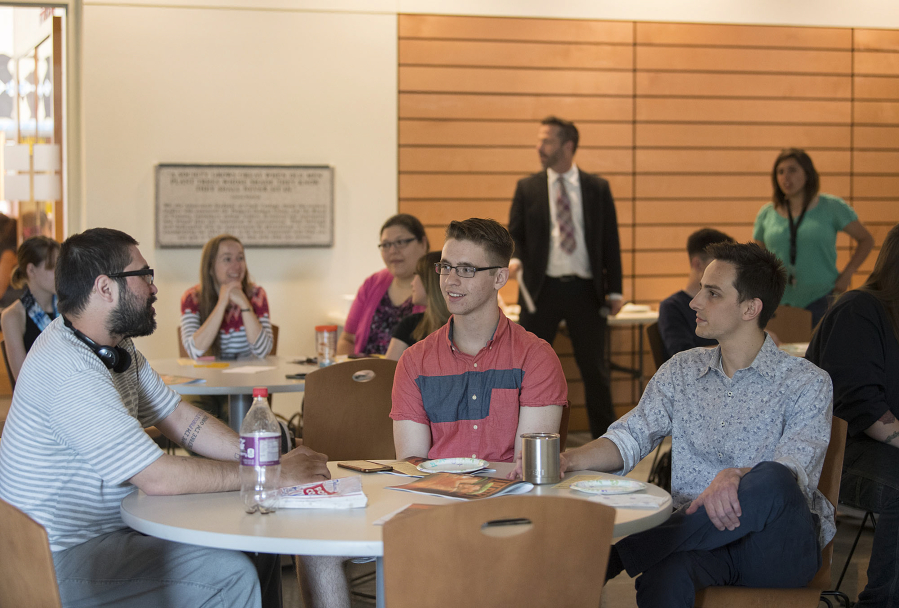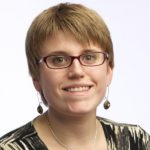Take a look at the article you’re reading right now.
Is the headline in all caps? Do the photos look doctored? Is it from a sketchy-looking source you don’t recognize, or, if you’re reading online, whose URL looks strange somehow?
If you answered no to those questions — and you should have — congratulations. You’re reading real news.
But if you’ve been on Facebook lately, or listened to President Donald Trump speak, you’ve probably heard about, seen or even shared so-called “fake news.” The staff at Clark College’s student newspaper, The Independent, shared tips and strategies with students and campus staff Wednesday on how to spot what’s real and what’s fake online.
Sandra Maszak, managing editor of The Independent, said she saw a need for the session after seeing the rash of Facebook posts in her own thread from dubious sources during the 2016 election and since.
If You Go
• What: The Vancouver Community Library will hold a forum on identifying reliable news sources next week.
Forum @ the Library — News or Noise: Separating Fact from Fiction in Today’s Media.
• When: 6:30 to 8:30 p.m. June 14.
• Where: Vancouver Community Library, Columbia Room, Level 1, 901 C St., Vancouver.
“It’s everywhere,” she said.
Student newspaper staff told the crowd in Clark College’s Penguin Union Building that writing fake news — the kind behind untrue conspiracy theories like Pizzagate, which suggested Democrats were participating in a child sex ring at a Washington, D.C., pizza place — can be a lucrative business. One writer, Paul Horner, told The Washington Post in November that he was making $10,000 a month from Google AdSense writing viral articles.
They also warned that the spread of fake news can undermine the work of trusted news organizations like The New York Times or The Washington Post. The staff shared a video of clips of Trump calling mainstream media organizations “fake news,” and Trump adviser Kellyanne Conway’s now infamous description of press secretary Sean Spicer’s claims about the inauguration crowd as “alternative facts.”
Ieva Braciulyte, the newspaper’s 17-year-old editor-in-chief, said young people can be especially duped by fake news on social media feeds because they consume media so rapidly.
“People don’t want to put in the effort to read past the headline, to do the research,” she said. “We don’t want to go the extra mile.”
Staff suggested tips for the crowd to spot fake news, including looking at the date, checking the “about” page for background information, considering the links and sources provided in the article and reading past the headline.
Clayton Hermerding, an 18-year-old Clark College student, was in the audience with a group of journalism students.
With teens and young adults on social media, he said it’s easy for them to selectively follow sources that confirm their biases, even if those sources are fake.
“It gives a greater possibility of creating an echo chamber,” he said.
Sarah Kaufman, 19, described fake news headlines as “sensational.”
“A lot of these headlines and titles give you this negative connotation,” she said.
Maszak hopes the workshop will help fellow students be better equipped to identify and fact-check fake news.
“I hope they’ll take tools to be critical and more mindful,” Maszak said.




